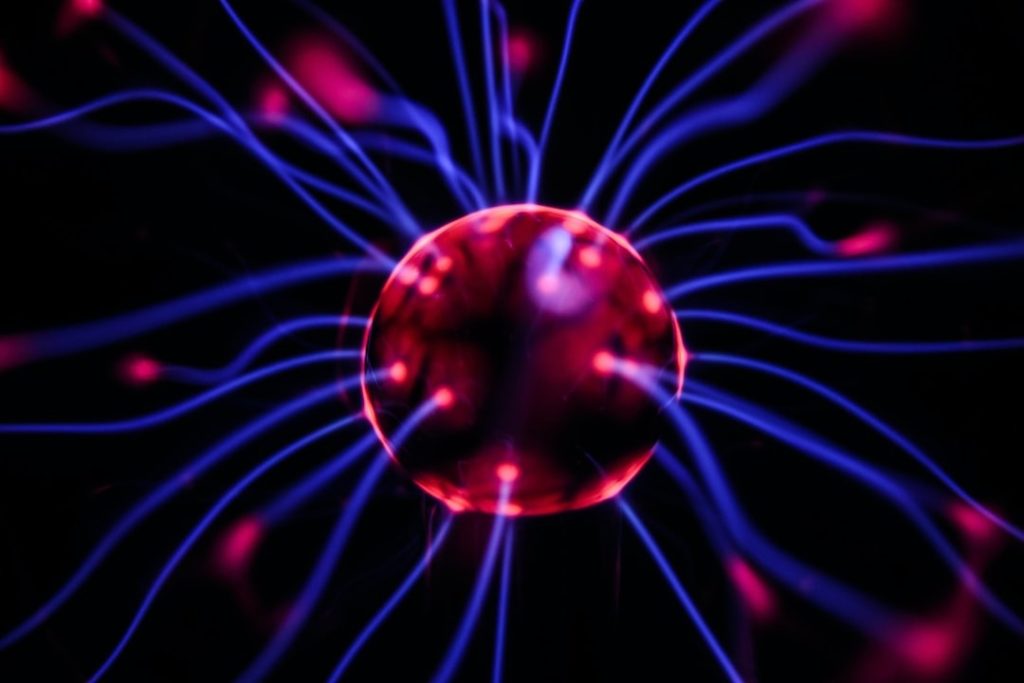There are many different therapies and kinds of services that are beneficial for clients with depression. However, new research on mental illness—specifically depression and the brain—has surfaced in recent years. New discoveries and inventions are influencing the way professionals go about treating depression. One such new method is transcranial magnetic stimulation (TMS).
Originally introduced to the mental healthcare world in 1985, TMS is a form of therapy for clients with depression that has gained more traction in the wake of more modern research.
Depression
Clinical depression can manifest in clients due to extreme or uncontrollable emotions such as fear, worry, or panic over long periods of time. This affects roughly 16 million adults in America due to genetic, biological, environmental, or psychological factors. Often, clients experience symptoms of depression paired with those of anxiety. Signs and symptoms of depression include:
- Low energy or fatigue
- Changes in appetite
- Oversleeping, insomnia, restlessness, unsatisfying sleep, or other changes in sleeping habits
- Muscle tension and racing heart
- Grinding teeth
- Cramps or gastrointestinal problems
- Panic attacks
- Difficulty making decisions
- Feelings of emptiness and/or grief
- Anger or irritability
- Low self-esteem and feelings of worthlessness or guilt
- Constant worrying
- Suicidal tendencies or attempts
- Lack of productivity
- Loss of interest in activities and hobbies
- Poor time management
Depression can also lead to a number of interpersonal effects, including family misunderstandings or conflicts, social discrimination, trouble in social relationships, withdrawal from peers and friends, reckless behavior in social situations, and isolation.
Dealing with these symptoms can seem impossible in the midst of them. Luckily, there are ways to combat depression and its effects. It is important to seek help and combat depression or depressive tendencies. TMS is a rising therapy for clients with depression.
What Is TMS?
TMS therapy is used to treat depression through brain stimulation. This stimulation is a safe and non-invasive treatment option. Electromagnetic pulses stimulate parts of the brain associated with depression. At Roots Recovery, this practice is typically done over a period of four to six weeks, five days a week, for roughly 19-37 minutes per session.
The pulses work to target parts of the brain that are underactive due to the changes in the brain we know as depression. It is an FDA-cleared treatment. In most cases, it improves or entirely eliminates people’s depressive symptoms after the four- to six-week program.
Magnetic resonance imaging (MRI) machines are used in this process to stimulate those neurons. This has been proven by research to be an effective therapy for depression. This therapy is a top choice for many doctors and professionals and is covered by most insurance companies.
What to Expect With TMS
Brain stimulation facilitated through TMS excites underactive neurons. The electromagnetic pulses sent to these underactive neurons are known to correct impairments in cell functioning and aid neuron healing. As this therapy option continues to develop, some stimulation sessions may only last for a few minutes. This can be more comfortable for some clients and just as effective. More refinements with TMS are developing for the future of this therapy.
The FDA recommends this practice be implemented for roughly 20 sessions over the course of several weeks. Trained clinical practitioners actively monitor the therapy’s effects on the client and track weekly progress.
While this practice is only officially cleared to treat clients with depression, those with obsessive-compulsive disorder (OCD), Tourette’s syndrome, post-traumatic stress disorder (PTSD), and schizophrenia may also benefit from this therapy. These other uses are not yet FDA-approved. However, for those with major depressive disorder, research has shown that TMS reduces depressive symptoms and can be just as effective as other methods without any side effects.
Using TMS With Other Therapies
Clients with depression may benefit from TMS used in conjunction with other treatments or therapies at Roots Recovery. Medication and different forms of therapy can enhance the overall effectiveness of TMS.
Therapies such as cognitive-behavioral therapy (CBT) may also benefit clients with depression. CBT is a therapy that focuses on exploring a person’s thoughts, feelings, and behaviors. This is done in the pursuit of uncovering unhealthy patterns of thought which can lead to self-destructive beliefs and behaviors. With a therapist, the client works to reconstruct thinking patterns and produce a healthier mindset.
Eye movement desensitization and reprocessing (EMDR) is another program at Roots that can be paired with TMS. During EMDR sessions, clients repeat a series of back-and-forth eye movements for 20-30 seconds to reprocess negative emotions and memories. A therapist works with the client to restructure these negative feelings to turn them into positive reactions and beliefs.
It is important to find the right treatment and therapy options for each client. For this reason, Roots Recovery curates a specific team for each client to create a safe and positive environment for them to heal. When experiencing depression, finding ways to explore healthier outlets, habits, behaviors, and emotions can guide clients in creating a happier and healthier lifestyle overall. With modern research proving TMS to be an effective therapy, clients with depression can begin their process of healing to foster a prosperous and fulfilling life.
Here at Roots Recovery, we offer transcranial magnetic stimulation (TMS) therapy for clients with depression. As new research has changed modern mental healthcare, new treatments and therapies are surfacing. TMS is a therapy option for those with depression that continues to be refined with time. At Roots, we offer a four- to six-week program of TMS and excite neurons that are underactive due to depression. Clients usually go through a 19-37-minute session for at least five days a week. Their progress is noted along the way, and after these sessions, clients are expected to experience improvements to or the elimination of their depressive symptoms. To find out more about our TMS program, call us at (562) 473-0827.




